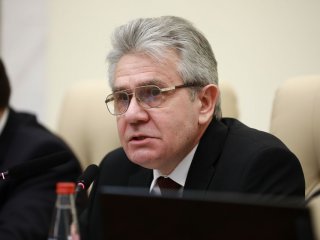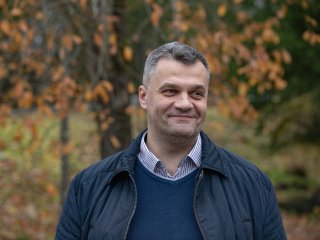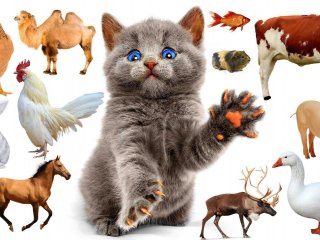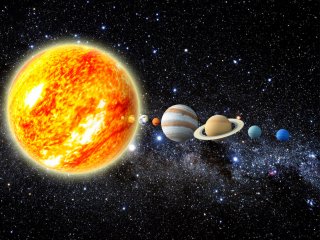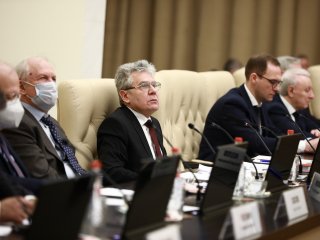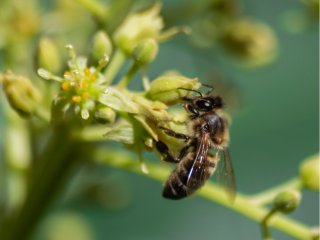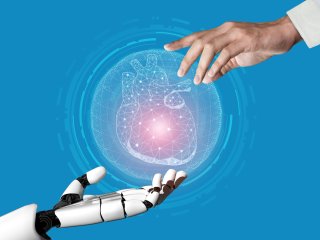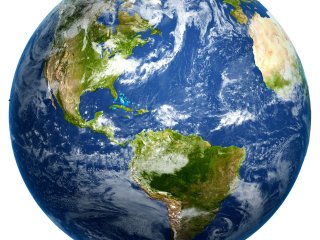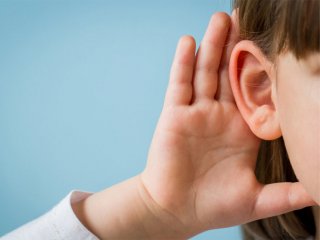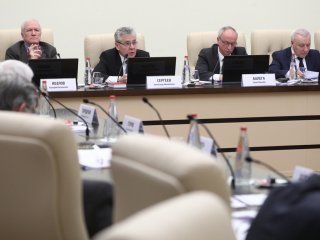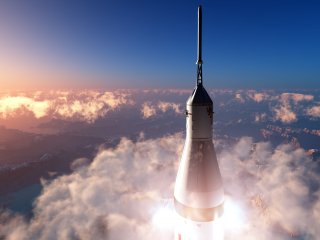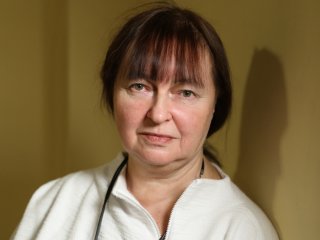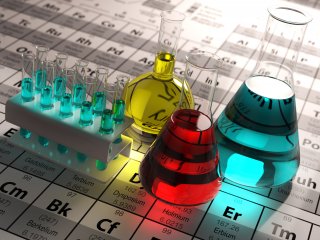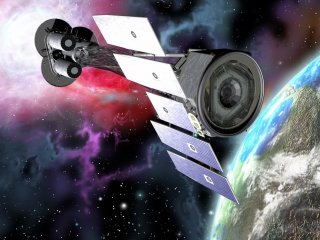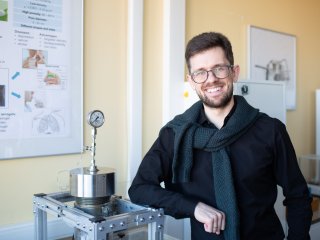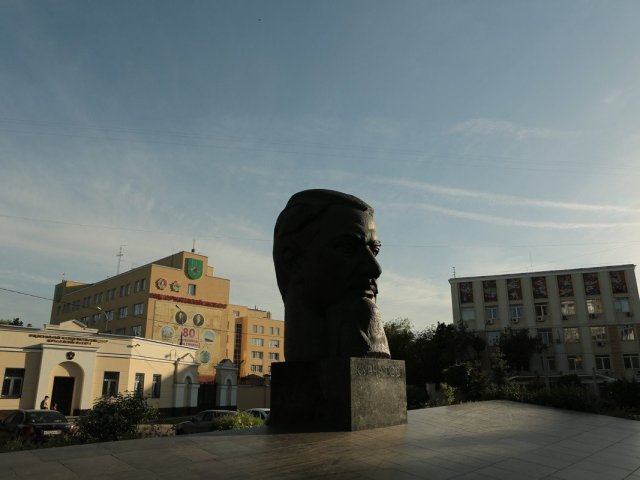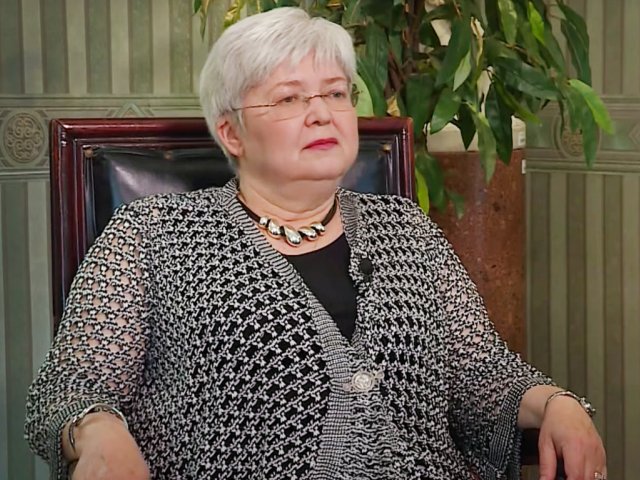Articles, page #23
On February 10, 2009, the collision of artificial satellites in Earth orbit was registered for the first time
On February 9, 1897, the first population census of the Russian Empire was held
Reports of young scientists – laureates of the Presidential Prize in Science and Innovation were presented at the meeting and issues of cooperation with African countries were discussed
Scientific Russia publishes the final article of the series dedicated to the unique science of the Republic of Karelia
How often have you been advised to look at the world differently? To remove the rose-colored glasses, to take a look at something at a different angle, to become simpler, or, on the contrary, a little more serious. We are ready to suggest you do the same, but in a much more interesting way. Let's have a look at the world through the eyes of our pets.
Recalling the achievements of a famous sociologist and agrarian economist
The size and weight of ships increased tenfold require new approaches to propulsion systems, and new environmental requirements leave their mark on the shipbuilding industry
On January 27, 1967, the USSR, the United States, and the United Kingdom signed the Outer Space Treaty
Recalling the famous experiment when the scientist lived with wolves at Borjomi Strict Nature Reserve (Georgia)
Marking the 175th birth anniversary of the late president of the Russian Academy of Sciences A. P. Karpinsky
How bees communicate with each other, express emotions, and take care of each other
How people with multiple personalities live: ego states, dissociation, causes
Artificial worlds on the screen of a headset or virtual reality glasses are used in many areas today, from education and medicine to industry and architecture
He discovered new mineral deposits, mapped new territories, and created the first Russian seismic observation service
Leonid Kantorovich – a Soviet mathematician and economist, laureate of the Alfred Nobel Memorial Prize in Economic Sciences – was born on January 19, 1912
By 2050, approximately 2.5 billion people will suffer from hearing impairment, and 700 million will have this problem expressed at the level of disability. These are the forecasts of the WHO
The results of the work of the Far Eastern, Siberian and Ural branches of the Russian Academy of Sciences in 2021
Read in this Scientific Russia article about the types of rocket propellants that are used today, and about promising developments
Together with Ekaterina Evgenyevna Dmitrieva, Doctor of Philology, we are being imbued with the festive atmosphere of N.V. Gogol’s novel
We recall the achievement of the outstanding scientist
Remembering the achievements of an outstanding scientist
Despite the challenges of this year related to the COVID-19 pandemic, 2021 was incredibly rich in scientific events and cutting-edge research results. Remembering the most interesting scientific achievements!
These are the main space research highlights of the year
It is currently impossible to print a full-fledged human organ in such a way as to implant it. The immediate goal is to print individual fragments of organs accessible to society
Read more about what developments can make the life of people without vision, even if not complete, but at least a little more comfortable
Partners
Show allOur mobile application
Social networking
Recent
Popular
Lectures
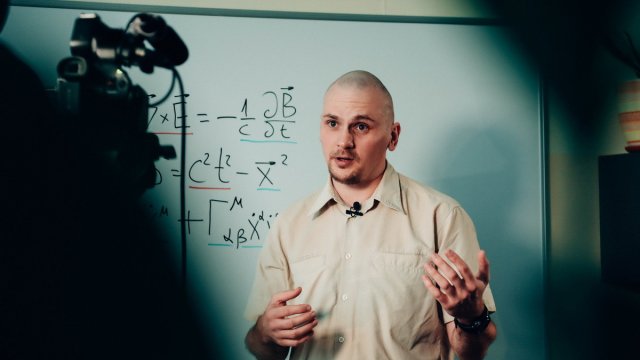
What did Fock mean when he said that Einstein hadn’t understood his own theory? What principles was Einstein's theory of gravity meant to be based on? Why did Einstein doubt the completeness of quantum theory?


